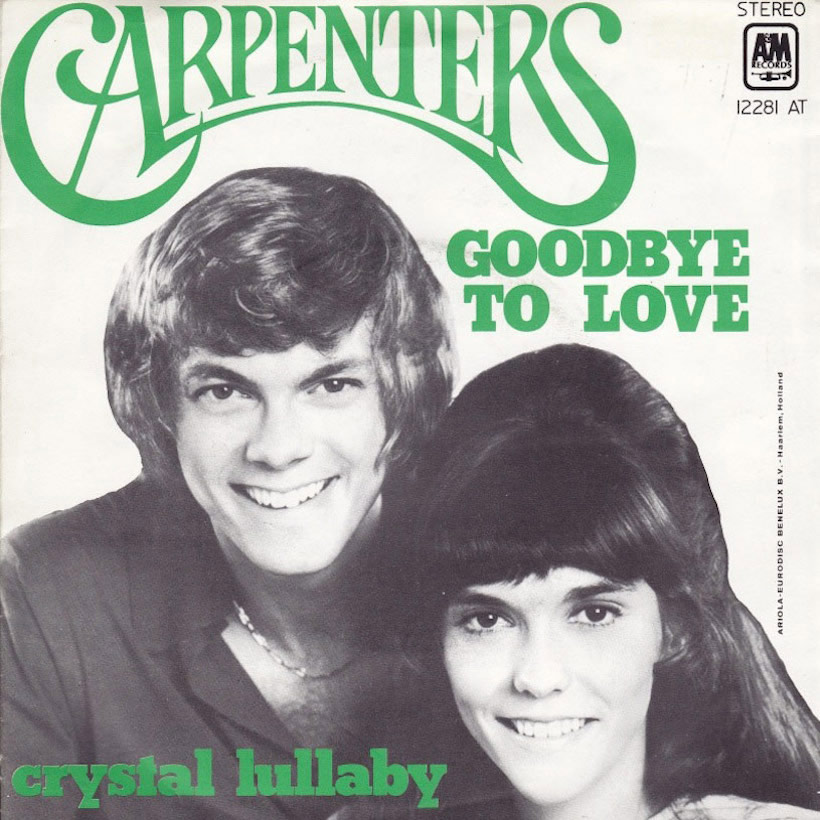
About the Song
Few songs have the power to surprise you with their beauty and then gently break your heart, all in the span of just a few minutes. “Goodbye to Love” by the Carpenters, released in 1972, is one of those rare pieces—a song that not only defied expectations, but quietly redefined what a pop ballad could be. At a time when the Carpenters were known for soft melodies and pristine harmonies, this track revealed a different kind of depth: one that fused emotional vulnerability with bold musical risk, and in doing so, carved out a place in music history.
Written by Richard Carpenter and John Bettis, the song begins in a way that’s familiar and comforting. The melody is delicate, the arrangement understated, and Karen Carpenter’s voice—that warm, aching alto—is as intimate as ever. She sings of giving up on romantic ideals, of having searched for something lasting and coming up empty. “I’ll say goodbye to love…” she sings, not with bitterness, but with a kind of quiet resignation. It’s the sound of someone who has loved deeply and lost honestly.
But then something remarkable happens. About halfway through the track, an electric guitar solo enters—soaring, sustained, and deeply expressive. Played by Tony Peluso, this solo marked a radical departure for the Carpenters’ sound, blending soft pop with hard rock emotion in a way few had done before. At the time, it shocked some listeners—but it also inspired a generation of musicians. In fact, “Goodbye to Love” is now widely credited as one of the earliest examples of the power ballad, a form that would become hugely influential in the decades that followed.
Karen’s voice returns after the solo, quieter now, almost like a whisper. There’s no neat resolution, no lyrical redemption—just a fragile acceptance. And that’s what gives the song its timeless power: it doesn’t try to console or explain. It simply feels. And for those who’ve been through the kind of heartbreak that leaves you more reflective than angry, it’s a song that understands.
Decades later, “Goodbye to Love” remains a high point of the Carpenters’ catalog—not just because it’s beautifully sung and boldly arranged, but because it captures the complex emotions of love and loss with honesty, grace, and unexpected power. It’s a reminder that even the softest voices can deliver the most profound truths—and that sometimes, saying goodbye is the most courageous song of all.